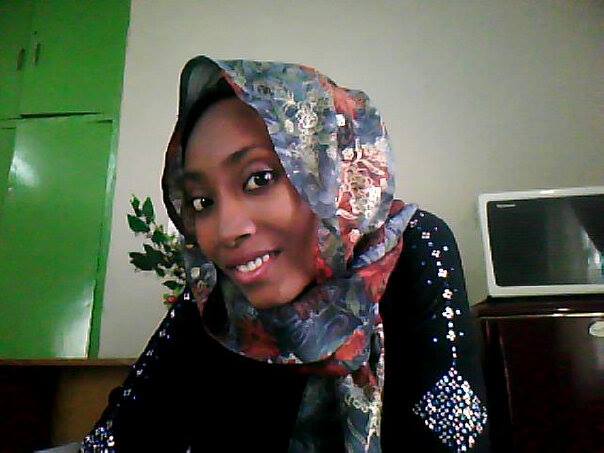I was in a queue in an ATM machine waiting for my turn to withdraw cash; people who were entering the bank were stopped to wash their hand before they were allowed. Amazingly to my surprise I noticed that many people do not know how to wash their hands. How could such a task which should be incorporated in our daily lives as a habit be difficult? People just let the water touches their fingers without reaching their palms and wrist.
If we talk about reducing bacteria or virus spread by washing hands, we need to know how to wash our hands thoroughly. In the case of a bacterium when we wash our hands inappropriately , when we do not allow the water to reach our entire hands and we wipe away with a tissue or a handkerchief, it makes our hands moist and dense, making it favorable for the bacterium in the part that aren’t washed to be more concentrated and multiply faster.
When we forget to wash our hands, or don’t wash them properly, we can spread these germs to other people, or contract them when touching our eyes, mouths, noses or cuts on our bodies. The mechanical action of scrubbing loosens up the dirt and microbes on our hands and the soap picks them up and binds to them so that the water can wash them away, we could only reduce 23% of bacteria by washing with water only. But when we don’t wash our hands properly by merely allowing water to run through our hands without scrubbing, we do not achieve the aim of getting rid of microbes.
In conclusion washing hands with soap results in reduced bacterial growth on the skin thereby reducing rate of food poisoning and diarrheal diseases. Always wash your hand before and after eating and after use of toilets.




